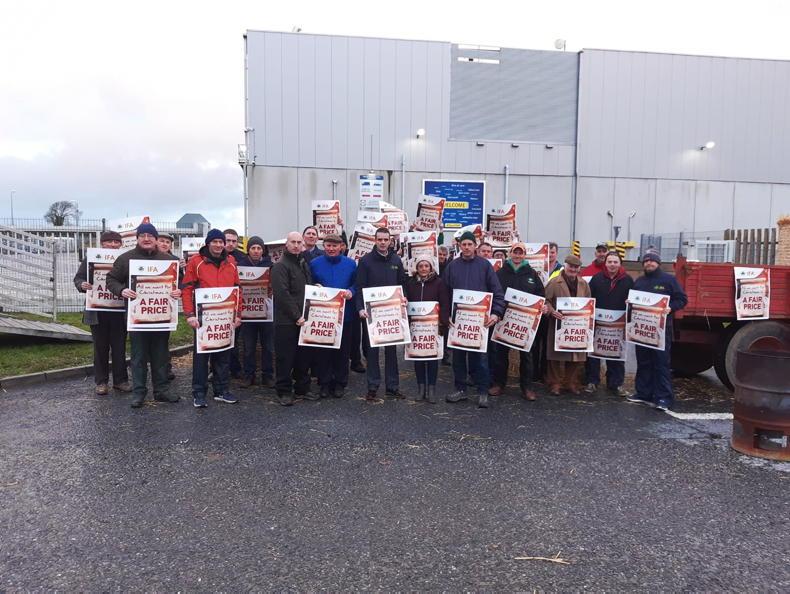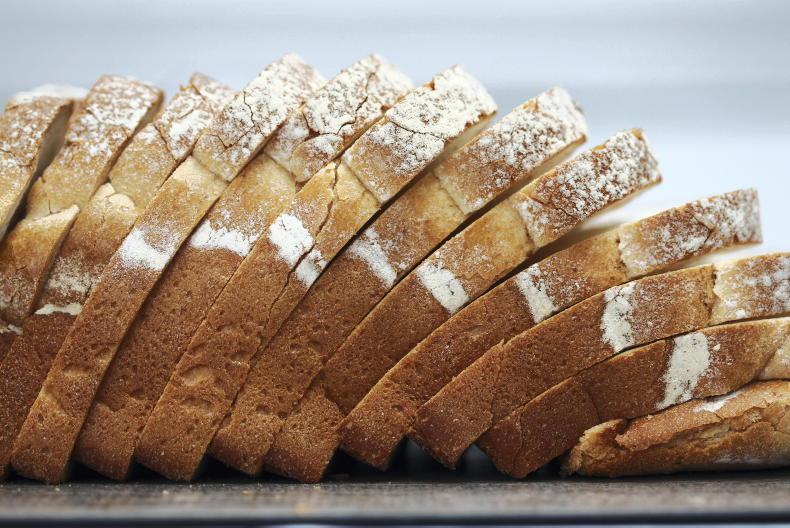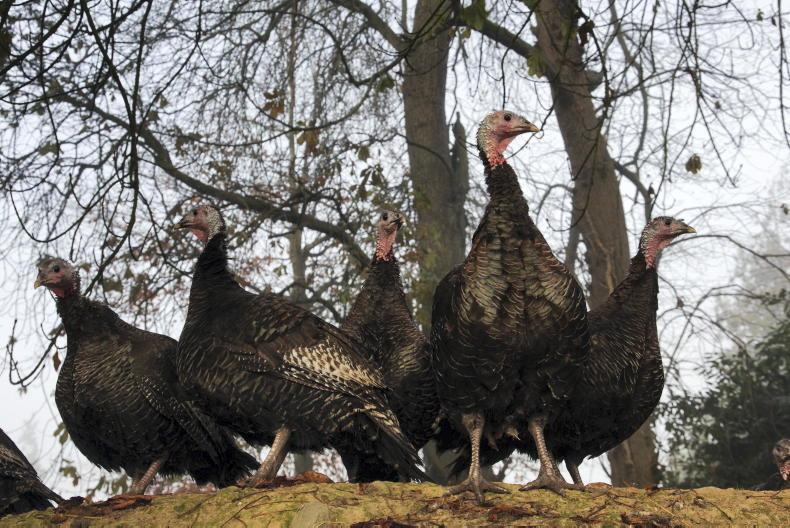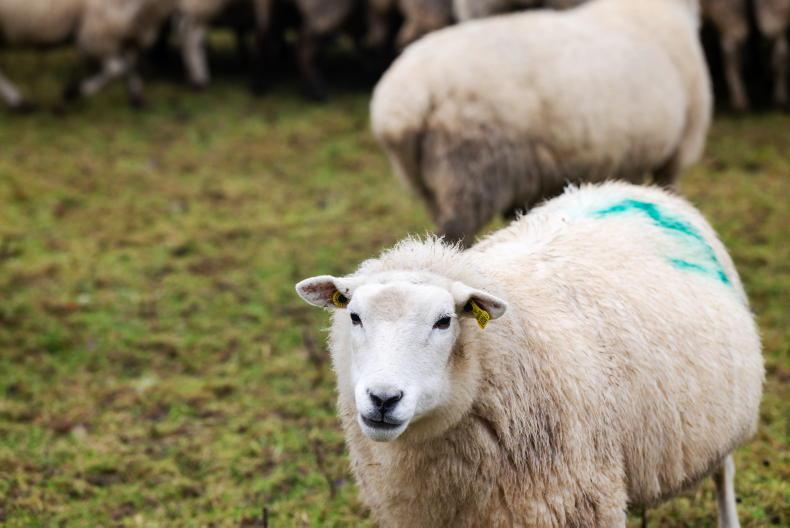I was disappointed to read that a bid by Lidl to get a premium price for a premium farmed product has run aground.
Basically, Lidl increased the price of organic meat in some of its German stores, with the pledge that all the price increase would be passed back to the primary producer – the farmer. Sales of the lines involved fell, and the initiative has been shelved, for now. That’s a rudimentary reading of the story (my German is rusty).
So what can we glean from that? Some will say it’s proof that consumers want a higher standard of food for the same price. If so, are farmers and the likes of Bord Bia playing into their hands by verifying raised standards with no insistence on a price rise? Are we not just reinforcing that belief that farmers are the lobsters in the pot, slowly boiling themselves with vanishing margins?
Farm supports were once meant to fill the gap between food prices and the cost of producing them, but are now shifting from production to public good supports. In this new dynamic, farmers must invest constantly in reducing the carbon footprint of their farm while increasing the standard of biodiversity, like the new REPS will do.
Ultimately, that means if the farmgate price can’t support us, we are all going broke. It’s simply a matter of how quickly it happens. This is particularly true of organic produce – the EU wants 25% of its farming in a higher-cost system, with little prospect of an extra market return.
There is another way of looking at this. Perhaps the Lidl initiative is a step in the right direction.
The first attempts at flight didn’t work, but persistence eventually saw us take to the skies after centuries of trying. Sixty-six years after the Wright brothers’ maiden flight, we landed on the moon.
There is no hope for food production unless we gradually evolve from the current voodoo economic model into something sustainable. We can’t blame consumers for resisting early attempts to get them to pay more, following decades of conditioning to expect food to become better and more convenient and cheaper all at the same time.
More farmer-friendly retail initiatives are required, with active farmer involvement and a well-funded constant campaign of explanation.
And perhaps one such effort will take flight, and we can then set a course toward the destination we all know we must reach.
Failure in this endeavour is not an option. There is simply no alternative.
I was disappointed to read that a bid by Lidl to get a premium price for a premium farmed product has run aground.
Basically, Lidl increased the price of organic meat in some of its German stores, with the pledge that all the price increase would be passed back to the primary producer – the farmer. Sales of the lines involved fell, and the initiative has been shelved, for now. That’s a rudimentary reading of the story (my German is rusty).
So what can we glean from that? Some will say it’s proof that consumers want a higher standard of food for the same price. If so, are farmers and the likes of Bord Bia playing into their hands by verifying raised standards with no insistence on a price rise? Are we not just reinforcing that belief that farmers are the lobsters in the pot, slowly boiling themselves with vanishing margins?
Farm supports were once meant to fill the gap between food prices and the cost of producing them, but are now shifting from production to public good supports. In this new dynamic, farmers must invest constantly in reducing the carbon footprint of their farm while increasing the standard of biodiversity, like the new REPS will do.
Ultimately, that means if the farmgate price can’t support us, we are all going broke. It’s simply a matter of how quickly it happens. This is particularly true of organic produce – the EU wants 25% of its farming in a higher-cost system, with little prospect of an extra market return.
There is another way of looking at this. Perhaps the Lidl initiative is a step in the right direction.
The first attempts at flight didn’t work, but persistence eventually saw us take to the skies after centuries of trying. Sixty-six years after the Wright brothers’ maiden flight, we landed on the moon.
There is no hope for food production unless we gradually evolve from the current voodoo economic model into something sustainable. We can’t blame consumers for resisting early attempts to get them to pay more, following decades of conditioning to expect food to become better and more convenient and cheaper all at the same time.
More farmer-friendly retail initiatives are required, with active farmer involvement and a well-funded constant campaign of explanation.
And perhaps one such effort will take flight, and we can then set a course toward the destination we all know we must reach.
Failure in this endeavour is not an option. There is simply no alternative.









SHARING OPTIONS